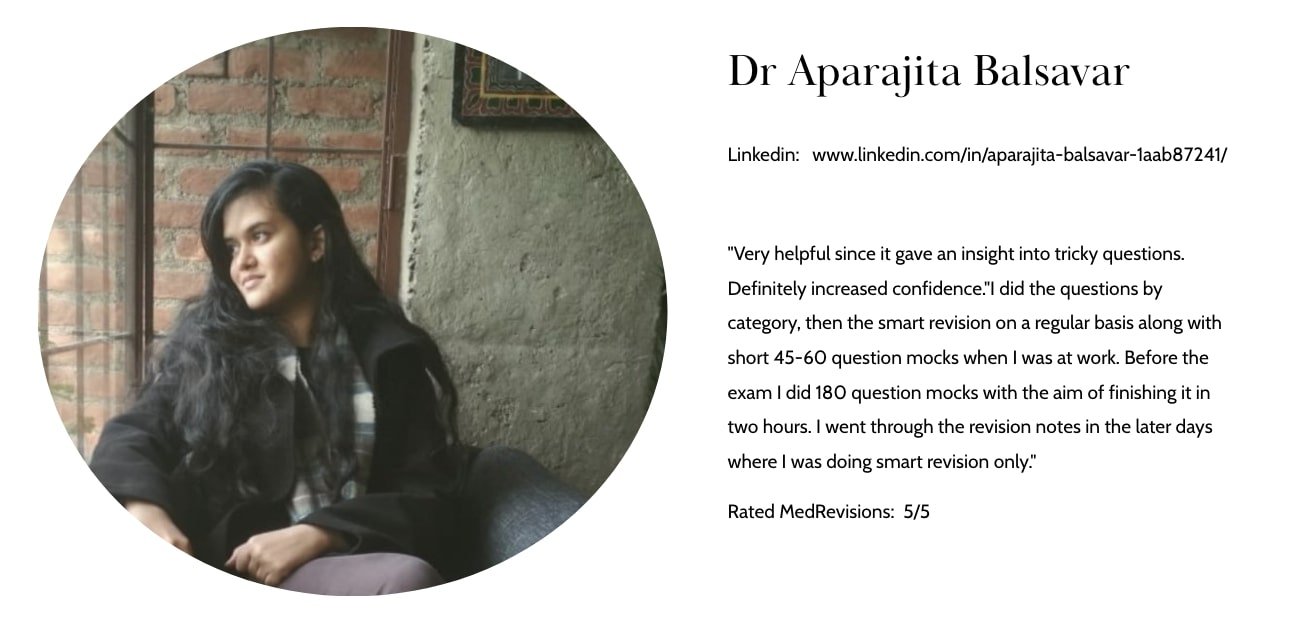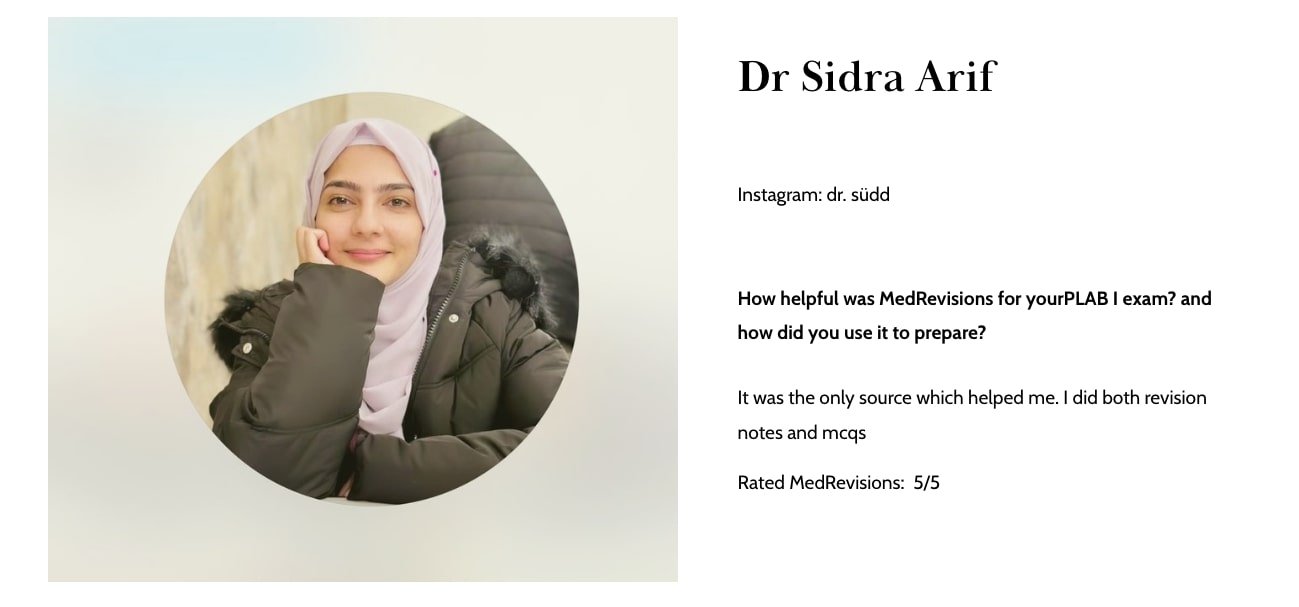UKMLA/PLAB Question Analysis: Management of Hypokalemia in a Patient with Cirrhosis
Understanding Key Clinical Scenarios for UKMLA and PLAB Success
In this article, we explore a question that appeared in the August 2024 PLAB 1 exam, highlighting the essential principles of managing hypokalemia in a cirrhotic patient on diuretic therapy. This type of scenario is frequently encountered in medical licensing exams such as the UKMLA, PLAB, and USMLE. It tests the candidate's ability to prioritise clinical issues while managing complex chronic conditions like cirrhosis.
PLAB Exam Case Scenario: A 65-year-old man with a known history of cirrhosis presents to his GP with increasing abdominal distension and swollen ankles. He has been on furosemide 40mg once daily for the past 2 weeks.
On examination, he has marked ascites and pitting oedema up to his knees.
Blood tests show:
Serum albumin: 28 g/L (35-50)
Serum potassium: 3.2 mmol/L (3.5-5.0)
Which is the most appropriate next step in management?
A) Increase the dose of furosemide to 80mg once daily
B) Arrange an urgent diagnostic ascitic tap
C) Prescribe oral potassium chloride supplements
D) Refer for consideration of liver transplantation
E) Commence an intravenous infusion of human albumin solution
Answer with explanation is provided below
Our content is updated to align with the MLA content map
〰️
Our content is updated to align with the MLA content map 〰️
Is MedRevisions the best material to prepare for the PLAB/UKMLA exam?
Were MedRevisions.com materials enough to pass the First PLAB exam that was based of the MLA content map?: Visit here to see what this doctor had to say
Past PLAB 1 candidates reviews about MedRevisions verified with results
Follow us on telegram for more free questions
Preparation Study groups for the PLAB or MLA exam
Find the 10% discount referral links in the groups
Important insight in to the UKMLA or PLAB exam:
Important update to the PLAB exam: Is the PLAB exam based on the MLA content map from August 2024 onward? Find out more about the change and how to prepare for it here.
Evolving Nature of PLAB 1 Exam Questions: Is the exam getting tougher? A Closer Look with examples
What Past PLAB 1 candidates say about us (with exam results)
Explanation to the above August 2024 PLAB exam question
Correct Answer: C) Prescribe oral potassium chloride supplements.
Rationale and Explanation
Key Considerations in the Clinical Scenario
Hypokalemia and Its Risks:
The patient’s potassium level is significantly below normal, placing them at risk of complications such as arrhythmias, muscle weakness, and exacerbation of hepatic encephalopathy.
Cirrhosis and Diuretic Therapy:
Furosemide, a loop diuretic, is effective in managing ascites but can lead to electrolyte imbalances such as hypokalemia. Addressing the hypokalemia is critical to continue diuretic therapy safely.
Immediate Priority:
The hypokalemia must be corrected promptly to stabilise the patient and prevent life-threatening complications.
Why Oral Potassium Chloride Supplements Are the Best Next Step
Correction of Hypokalemia: Oral potassium chloride is the first-line treatment for mild to moderate hypokalemia, effectively replenishing potassium levels.
Prevention of Further Complications: Correcting potassium levels ensures that the patient can continue diuretic therapy safely, avoiding exacerbation of ascites and oedema.
Non-Invasive and Efficient: Oral supplementation is less invasive compared to intravenous correction, which is reserved for severe hypokalemia.
Why Other Options Are Less Appropriate
A) Increase the Dose of Furosemide to 80 mg Once Daily:
Escalating the dose without addressing hypokalemia could worsen the potassium deficit, increasing the risk of complications.
B) Arrange an Urgent Diagnostic Ascitic Tap:
Although an ascitic tap is indicated if spontaneous bacterial peritonitis (SBP) is suspected, there is no evidence of infection (e.g., fever, abdominal pain). The immediate priority is correcting the hypokalemia.
D) Refer for Consideration of Liver Transplantation:
Referral for transplantation is a long-term consideration for cirrhosis but does not address the immediate concern of hypokalemia.
E) Commence an Intravenous Infusion of Human Albumin Solution:
Albumin infusion is indicated for specific situations like large-volume paracentesis or severe hypoalbuminemia causing circulatory dysfunction. Here, the low potassium level is the priority.
Management and Follow-Up
Immediate Actions:
Start Oral Potassium Supplements:
Prescribe potassium chloride to correct the hypokalemia.
Monitor Electrolytes:
Reassess serum potassium after supplementation. Ongoing monitoring is essential in patients on diuretics.
Adjust Diuretic Therapy:
Consider adding a potassium-sparing diuretic like spironolactone, which can help manage ascites while minimising potassium loss.
Address the Underlying Cirrhosis:
Monitor for potential complications of cirrhosis, such as SBP or hepatorenal syndrome.
Evaluate the need for referral to a specialist for advanced therapies or liver transplantation.
Preparing for the UKMLA or PLAB exam? Access the most comprehensive resources on MedRevisions.com, trusted by thousands of medical students worldwide. Stay ahead in your preparation and join our growing community!
🎓 New Study Essential Mode For PLAB 1/UKMLA exam
For Focused, efficient, targeted learning for PLAB and UKMLA exam
This update gives you the freedom to prepare for your exam in a short time and cover the syllabus with around 1800+ questions and our updated notes. Then leverage the remaining 3000+ exam-style questions and solidify your concepts. Know how to use it from the link below and get access to the most updated and reliable exam-like materials. Learn more about the Study Essential Mode
Reference:
NICE Guidelines: Urinary Tract Infection in Children and Young People.
Remember: This blog post is for educational purposes only and should not be considered medical advice.
This is a high-yield exam PLAB 1/ UKMLA question-style question. At MedRevisions, We provide questions and not only explain the correct answer, we also explain the wrong answer so you will have a comprehensive understanding of the concepts that is commonly tested in the exam. On top of that, we also provide you PLAB 1 / UKMLA exam curated notes with no additional cost.
To discuss to more PLAB or UK-MLA exam questions, Join: PLAB 1 /UKMLA exam study group
At MedRevisions, we strive hard to provide the most up-to-date content available for PLAB Part 1. We constantly add exam-style questions derived from the most recent exam and also update the content to align with the latest NICE/CKS guidelines to ensure doctors pass PLAB Part 1 or UKMLA exam with ease in ONE attempt.
Past PLAB 1 candidates reviews about MedRevisions
How to use MedRevisions effectively for the PLAB 1 exam/ UKMLA exam preparation
Previous PLAB 1 or UKMLA exam guideline update
All MedRevisions recent updates
What we provide:
✅ 5000+ exam style questions
✅ Perfectly tailored exam style notes
✅ 30+ exam mocks
✅ Spaced repetition learning tool







